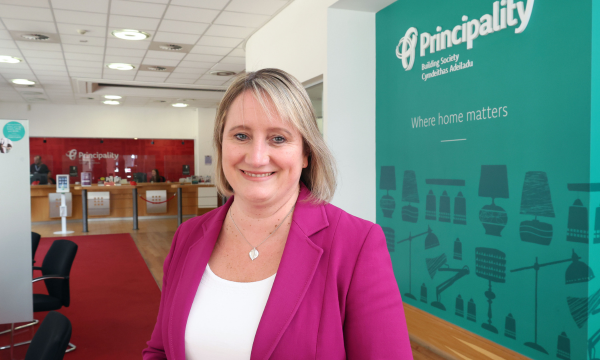The impact of US trade tariffs, private medical insurance and health-related employee benefits, as well as changing requirements for pension schemes were among the topical discussion points at Quantum Advisory’s latest seminar event.
The firm, a pensions and employee benefits consultancy for small and medium sized schemes and employers, welcomed trustees and finance, HR and pension professionals to its pension, employee benefits and investment breakfast seminar at the Celtic Manor Twenty Ten Clubhouse to hear exclusive industry insights.
Dan Redwood, a senior investment consultant at Quantum Advisory, began the event with an economic update, outlining the impact of tariffs and policies introduced by the Trump administration in the US earlier this year on its domestic market and global markets, as well as other risks such as market concentration, geopolitical tension and fiscal pressures.
Dan said:
“The tariffs triggered a steep sell off in US equities, but markets have recovered since ‘Liberation Day’. However, with so much uncertainty around policy remaining, this could end up looking overly optimistic. The experience globally has varied significantly, with European and UK stock markets being the chief beneficiaries of capital flight from the US.
“In the UK, we expect further interest rate cuts, but the Bank of England is taking a cautious approach. Gilt yields may also fall in line with cuts, which is positive for markets but not so great for savers and defined benefit pension schemes. At this point, my advice to investors would be don’t overreact, stay diversified and consider your journey plan.”
Graham Yearsley and Carl Heritage from the firm’s employee benefits team provided insights on health-related benefits and services including early intervention processes and private medical insurance, with the latter prompting the question ‘should it come with a health warning?’
Graham said:
“People want protection, and more employees are demanding easy access to private medical insurance. It has become the number one benefit in employee benefits as it plays a key role in attracting and retaining staff.
“The impact on a business if private medical insurance has no cost controls can be catastrophic. Employers can protect themselves by choosing an affordable and sustainable structure, apply benefit limits and select an appropriate excess for employees.”
Carl added:
“Robust early intervention processes are a win-win all round, for both employers and employees. This is often included within Group Income Protection policies at no additional cost and can link in with existing occupational health services.”
Concluding the seminar was consultant Sarah Garnish who highlighted recent and upcoming changes to pension scheme requirements to attendees. This included updates on the Purple Book, DB funding code, The Pensions Regulator annual funding update, Pensions Dashboard progress and the proposals expected to appear in the Pension Schemes Bill.
Sarah said:
“The Pension Schemes Bill aims to streamline the system, with a focus on surplus release for defined benefit schemes and small pot consolidation for defined contribution schemes.
“Another big development in the world of pensions is the introduction of collective defined contribution (CDC) schemes. Royal Mail was the first to introduce this type of scheme for its employees in 2024 and The Pensions Trust is now developing a multi-employer CDC scheme which is expected to launch by the end of 2026.”















